Planning for your retirement can be a lengthy process, and it’s important to weigh up what aspects of life you want to prioritize for your later years. Whether financial security, a mild climate, or a safe environment are important to you, here are 17 states that aren’t proving popular with retirees.
Illinois
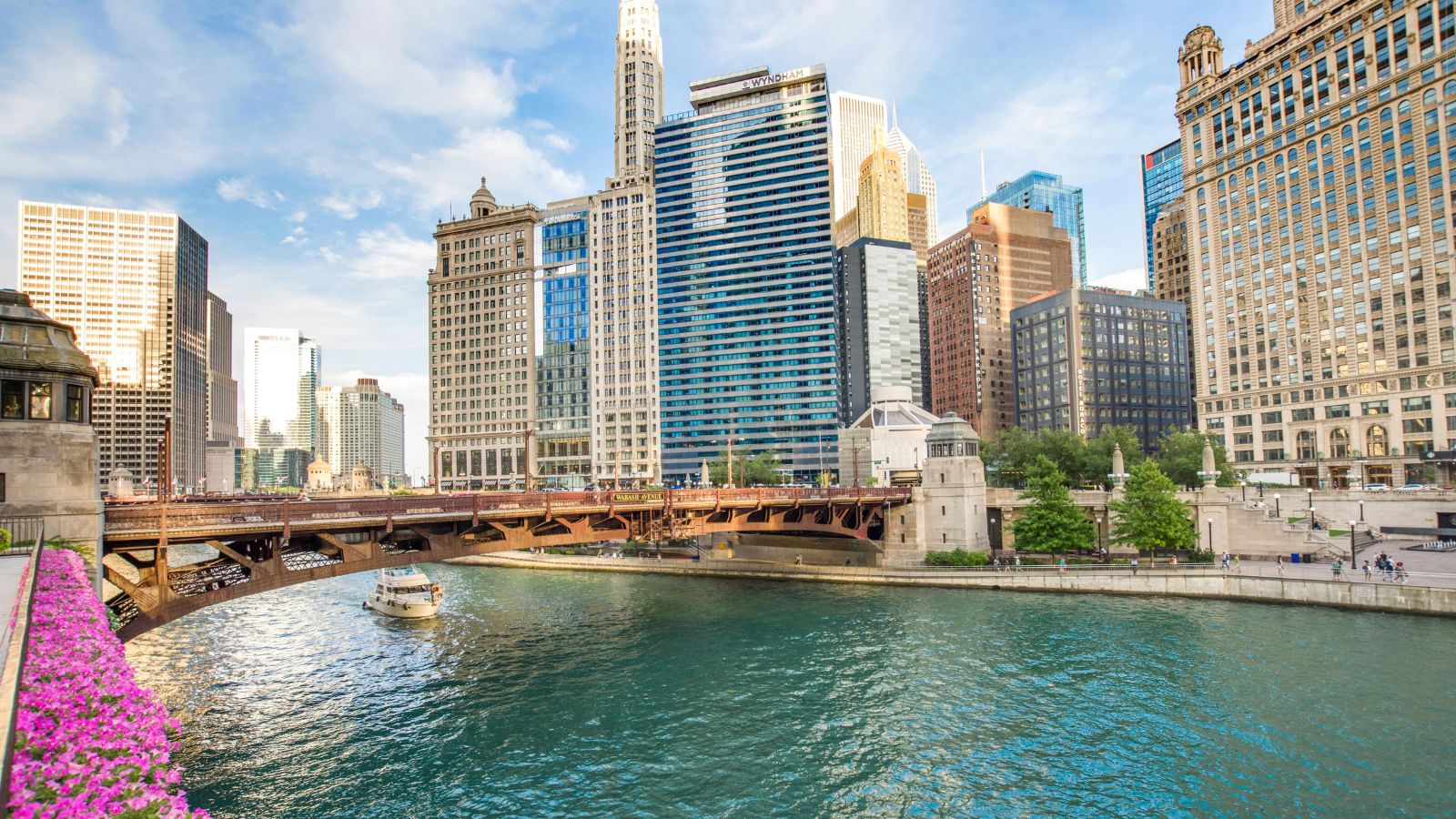
In a study reported by CNBC, Illinois ranked as the 6th most expensive state for property taxes in America. As well as a high cost of living, harsh winters and high crime rates are proving to be deterrents for retirees who are seeking safety and comfort.
Alaska
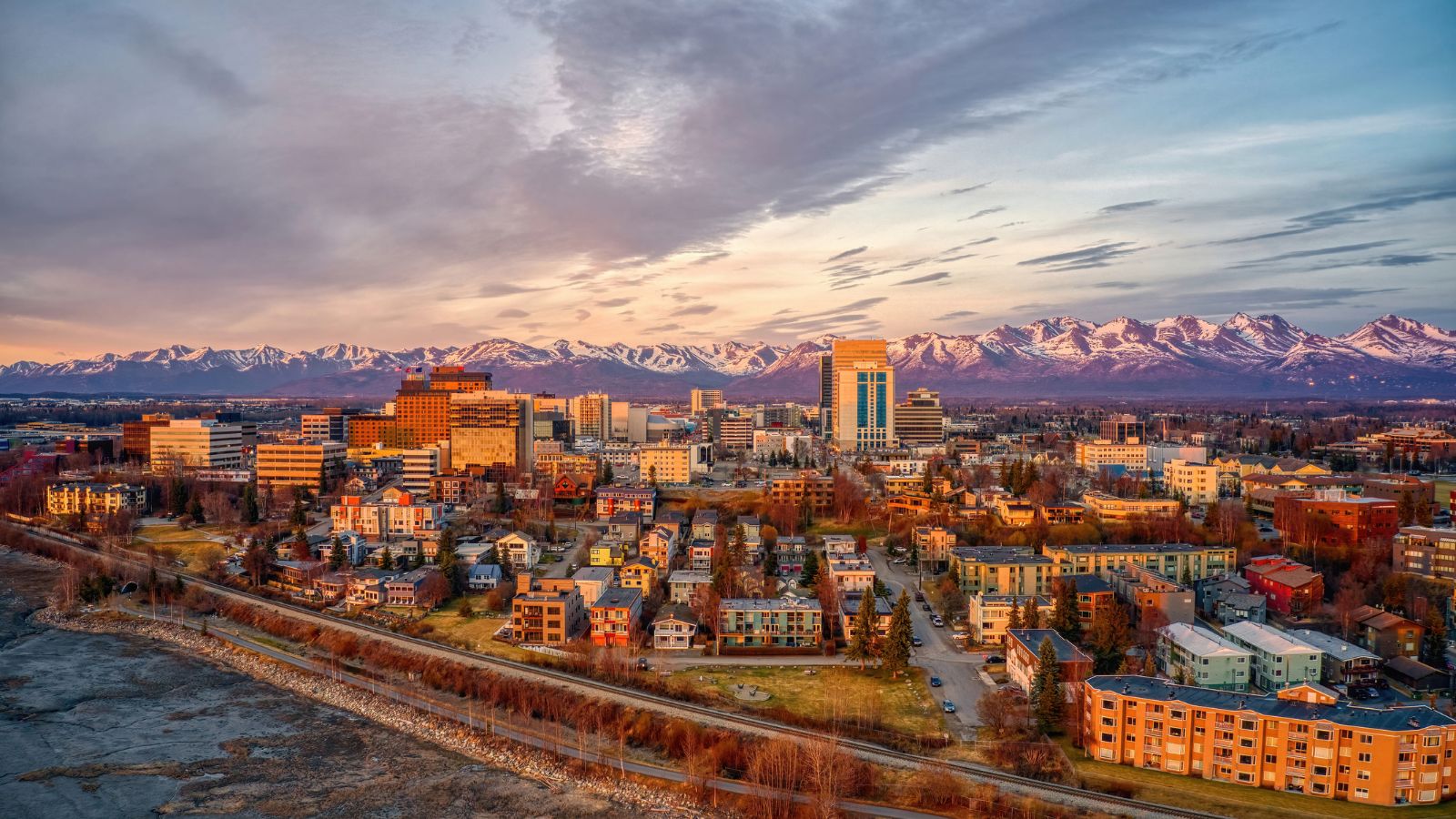
Remote and home to some extreme winter weather conditions, Alaska often doesn’t meet the comfort and accessibility needs of retirees. Despite a lack of state sales or income tax, Alaska also has a high overall cost of living, particularly for housing and healthcare.
New York
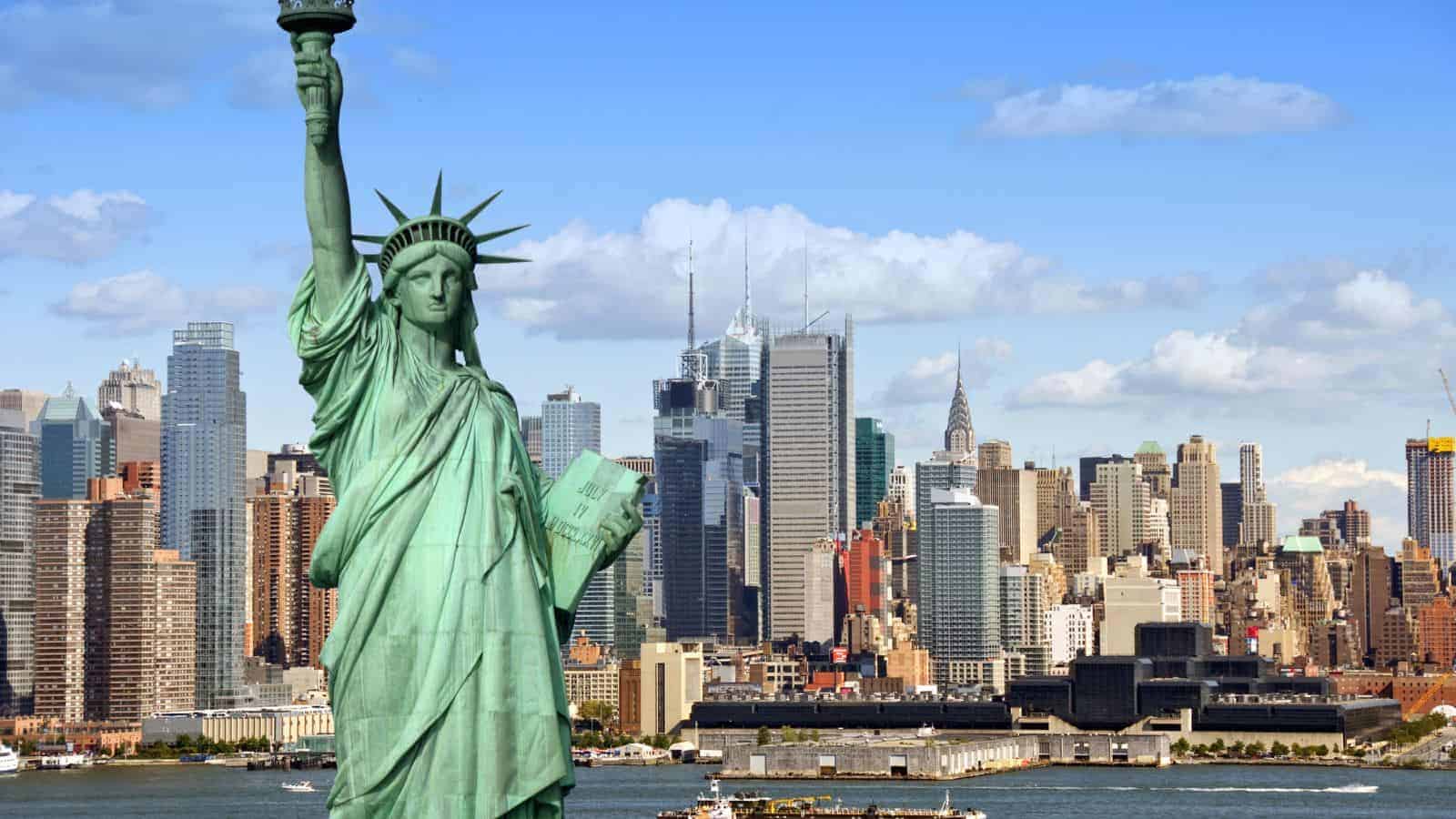
The busy, fast-paced lifestyle and urban congestion of New York City aren’t the relaxing living experiences that some retirees have in mind, and many are looking for a milder climate than the harsh New York winter. It also has a high cost of living, which won’t work for everyone.
California

According to the Los Angeles Times, the cost of living in California’s urban areas “ranged from 47% to 75% above the national average in the second quarter of 2023.” This makes it inaccessible to retirees. On top of this, the increasing risk of natural disasters, including earthquakes and wildfires, poses significant concerns for residents.
Louisiana
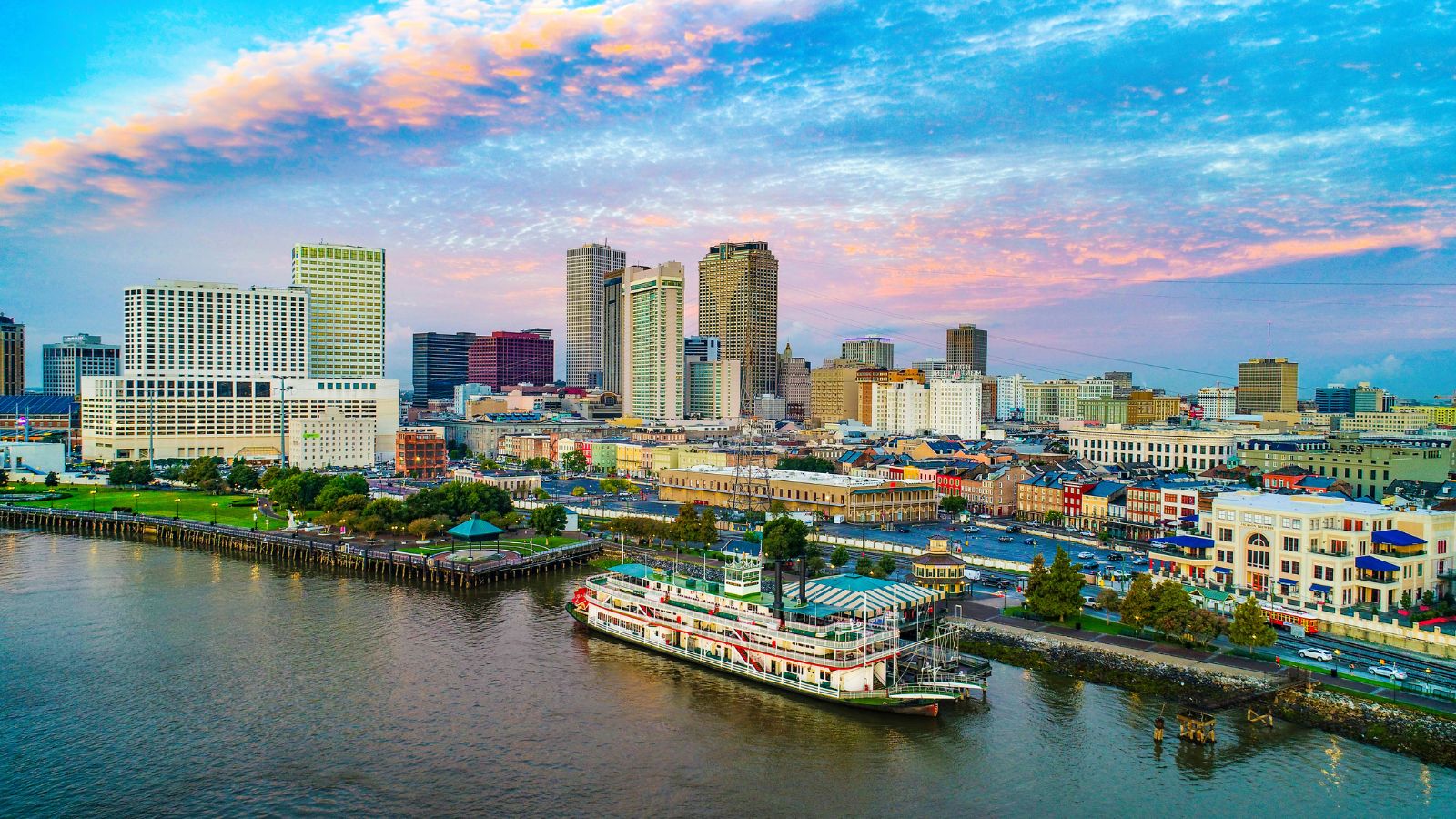
With very high crime rates, particularly in urban areas, many retirees are concerned about living in Louisiana and instead are seeking safer environments. The state is also prone to natural disasters such as hurricanes and flooding, posing a risk to residents’ homes and safety.
Maryland
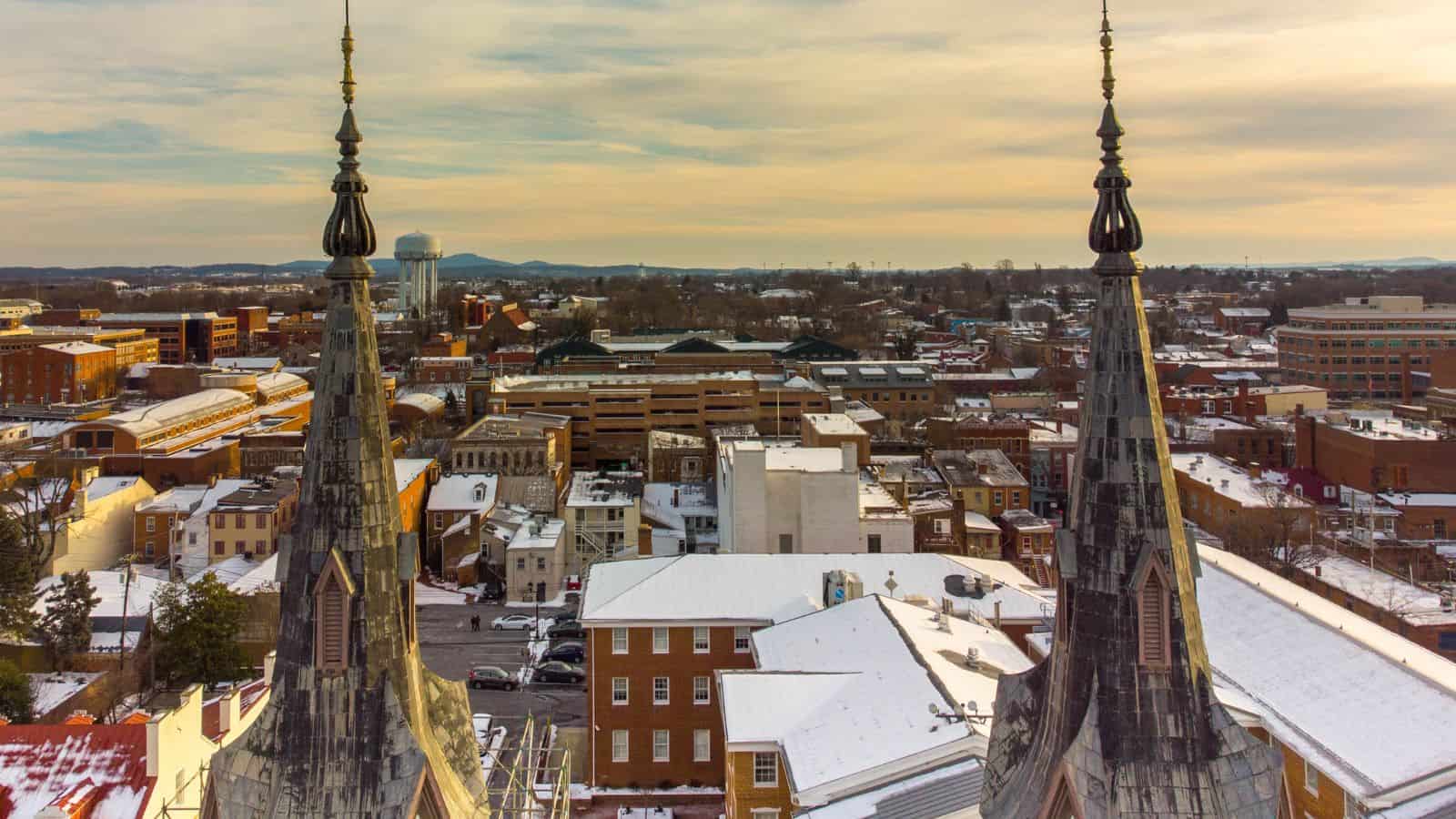
The hot, humid summers and cold winters might not appeal to retirees, who often seek year-round mild weather. On top of this, the high cost of living and tax rates can have a significant impact on the financial planning of retirees.
Connecticut
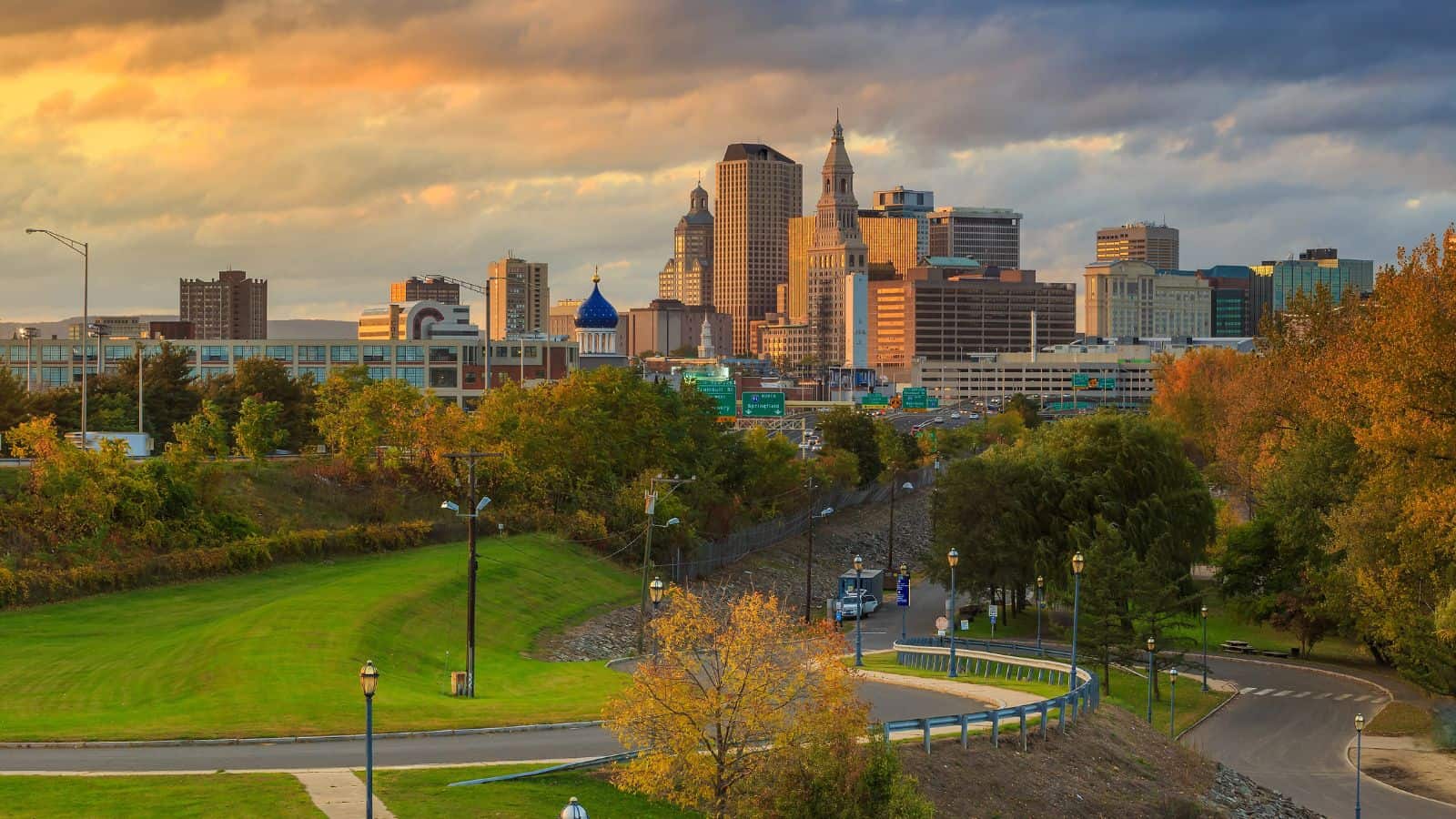
High property taxes and housing costs are driving Connecticut to have a high cost of living, which might be a strain on some retirees’ budgets. On top of this, healthcare costs are high, which might limit access to affordable and quality healthcare services.
New Jersey
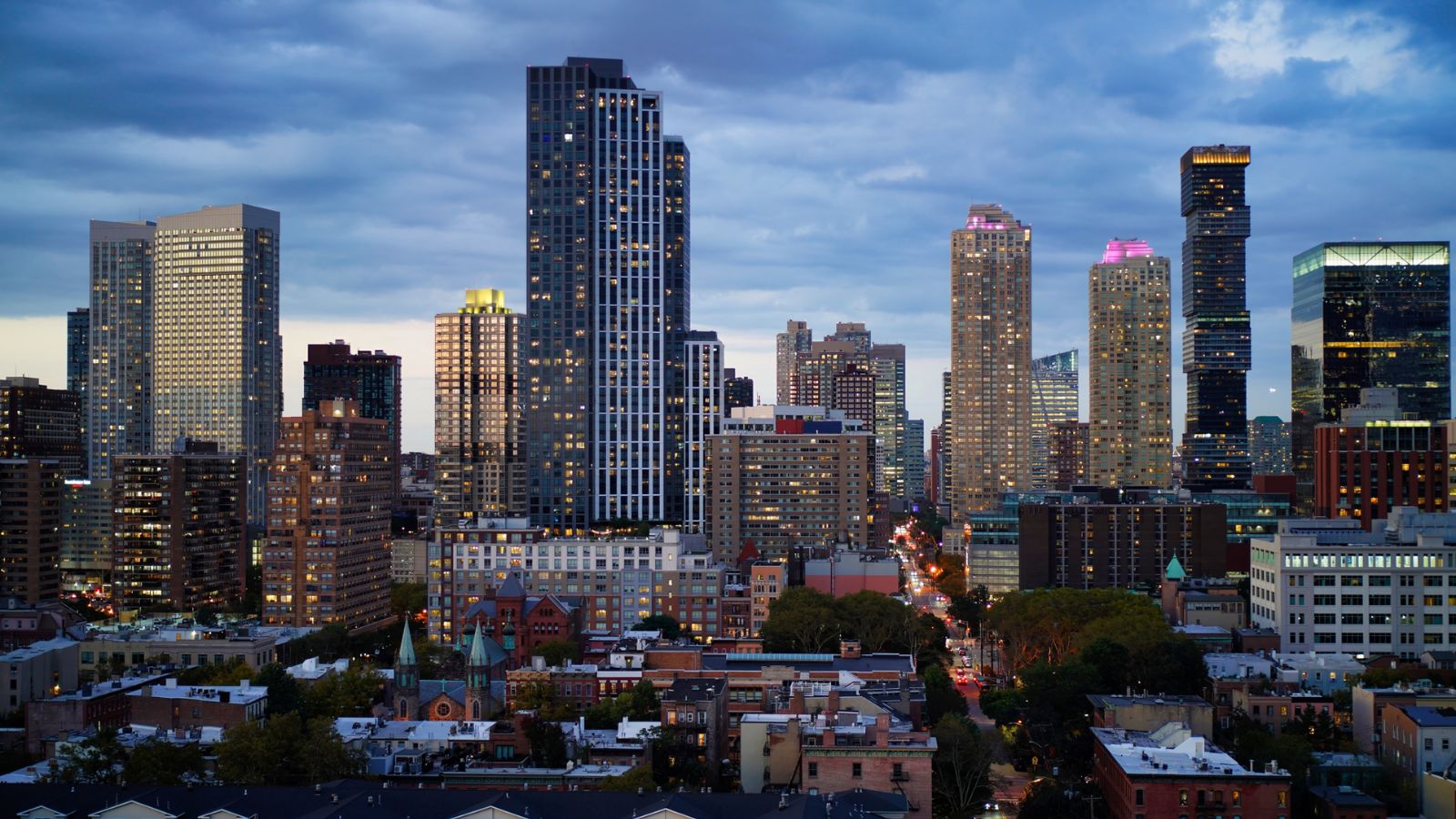
The cost of living in New Jersey is high, and one area that is particularly impacting retirees is healthcare. The New Jersey Digest says that “New Jersey residents pay significant amounts for health care and premiums. That is due to factors such as hospital prices, insurance premiums, utilization rates, quality of care, policies, and the overall state of the U.S. dollar.”
Massachusetts
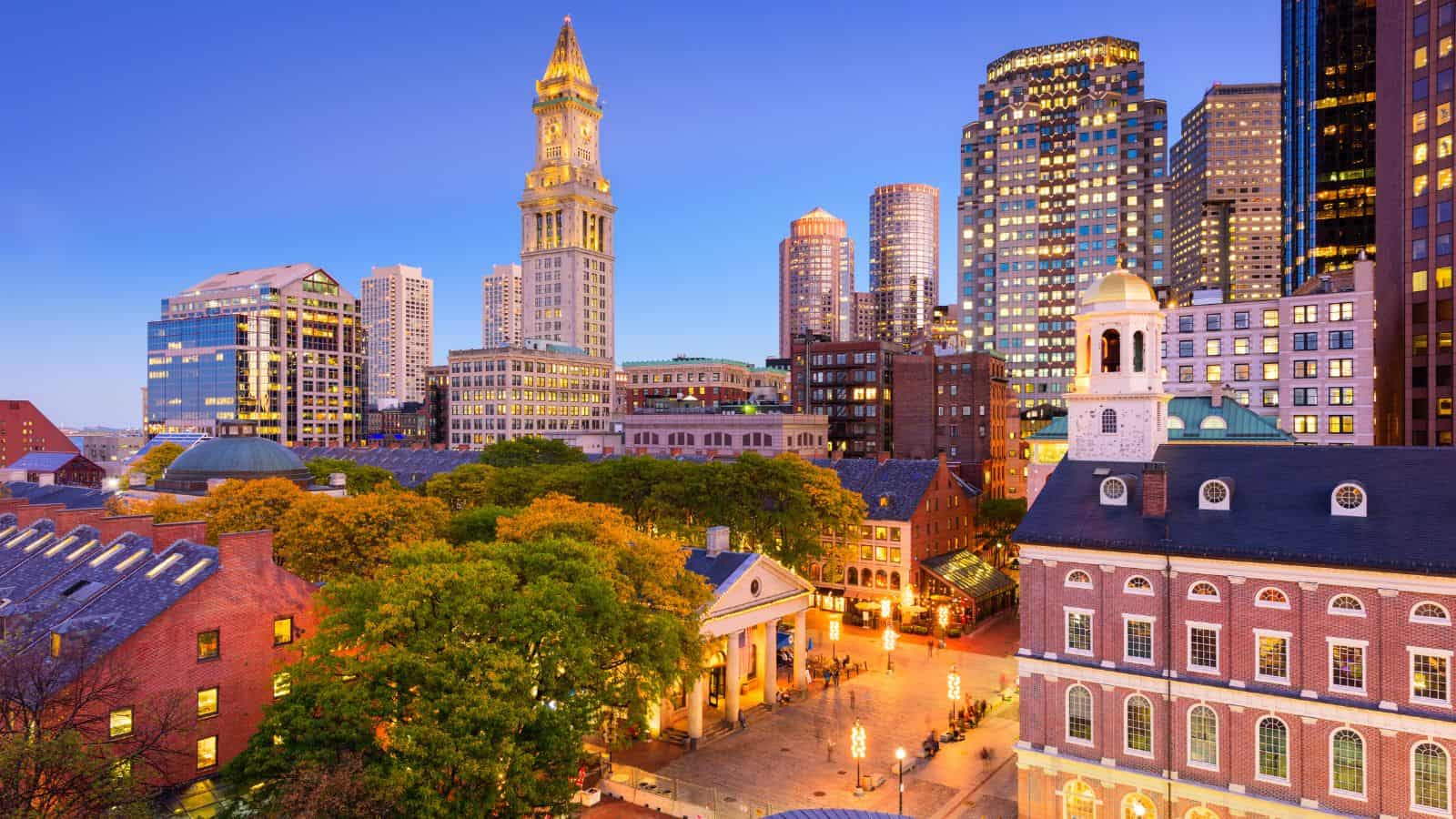
Known for high living costs, residents of Massachusetts face particularly high housing and medical care costs, a potential challenge for retirees. It also has high state income taxes, which might affect the financial planning and well-being of retirees.
Michigan
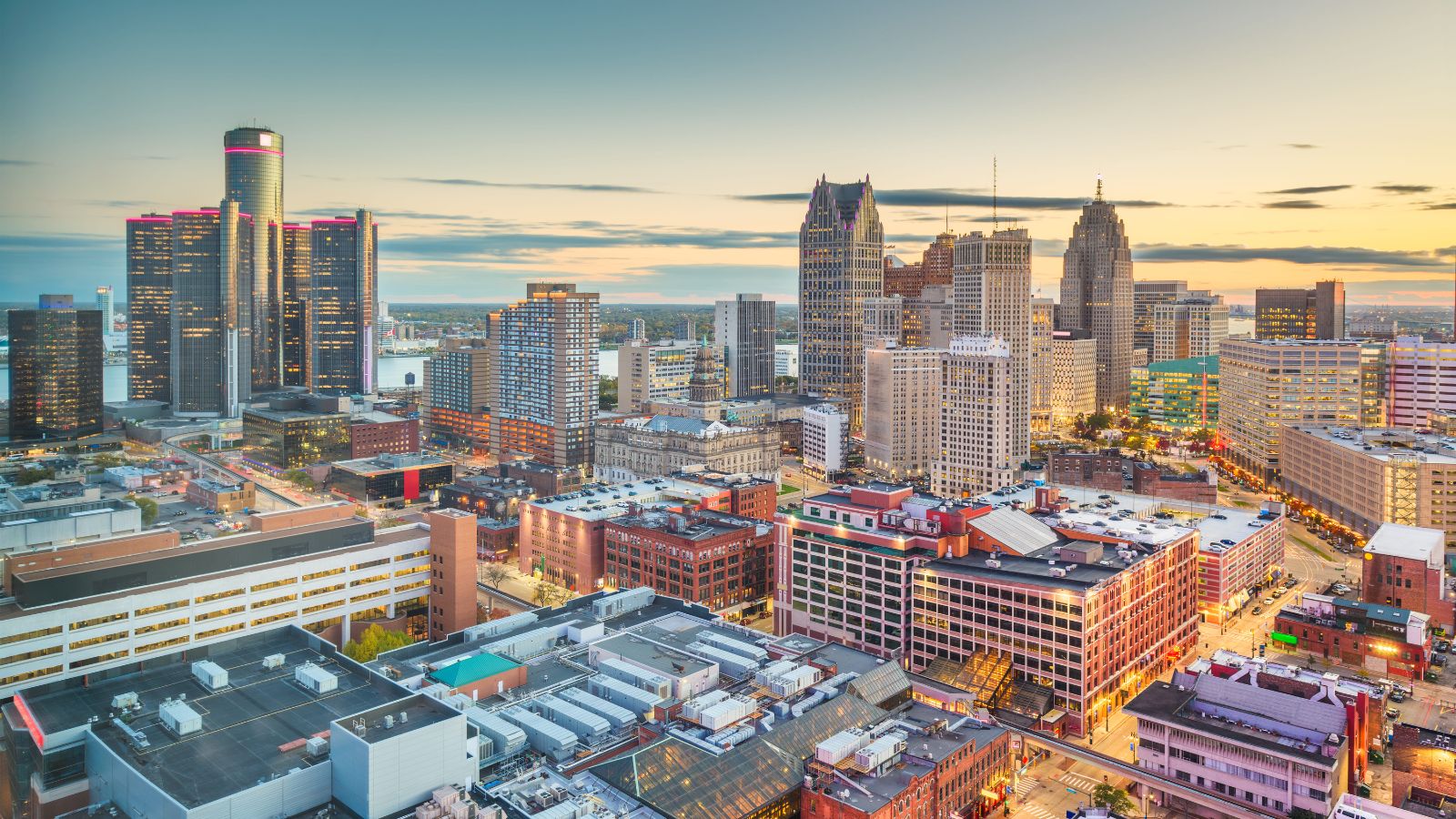
Michigan has notably harsh winters and significant snowfall, something that might not be ideal for all retirees. Also, if you are looking for part-time work to supplement your retirement fund, you may find that the economic instabilities of this state make it difficult.
Ohio
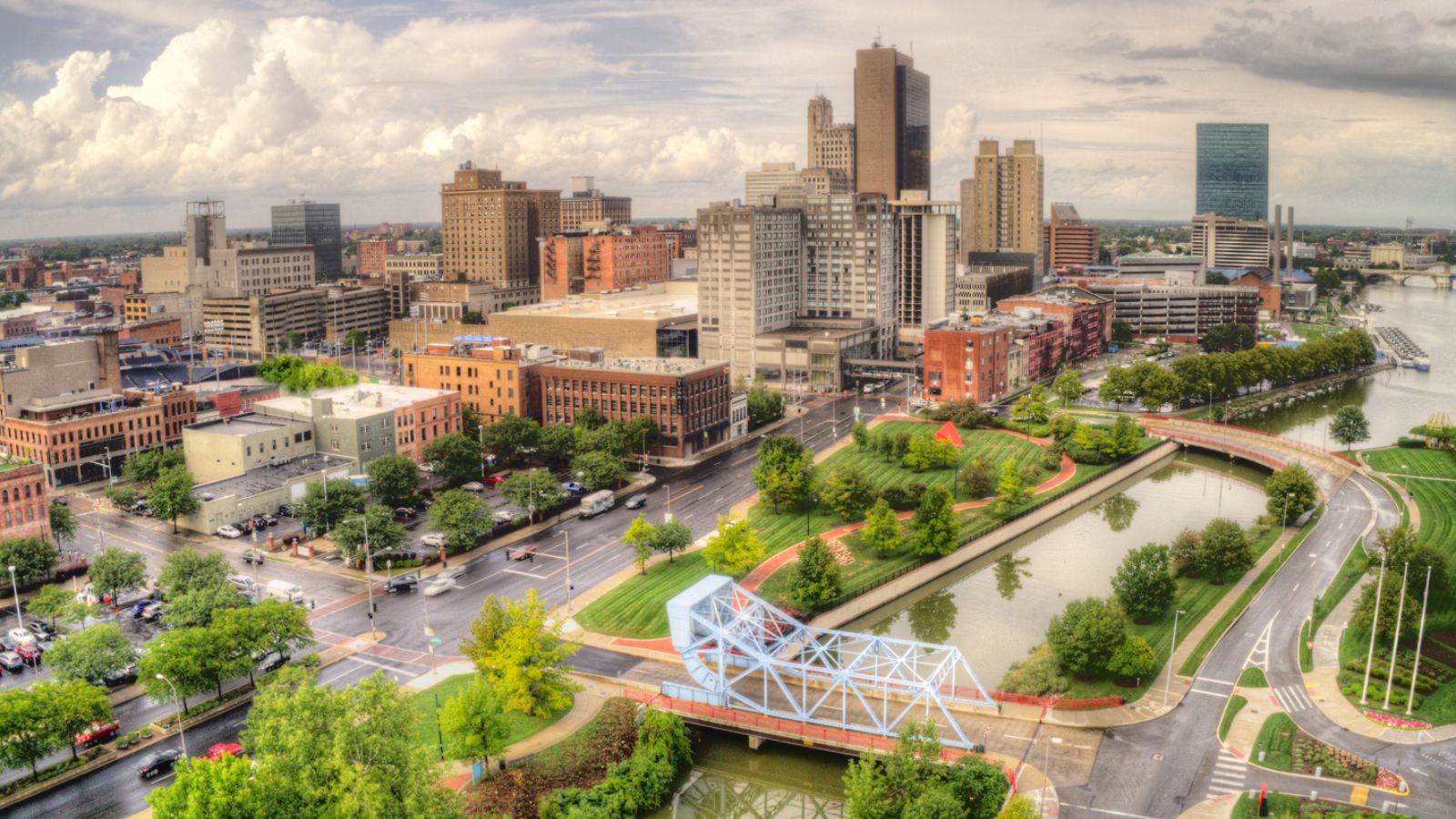
There can be limited access to high-quality healthcare in some areas of Ohio, which may affect the health and well-being of retirees. On top of this, the variable weather, including hot, humid summers and cold winters, might make this state less appealing for those looking for a comfortable living experience.
Mississippi
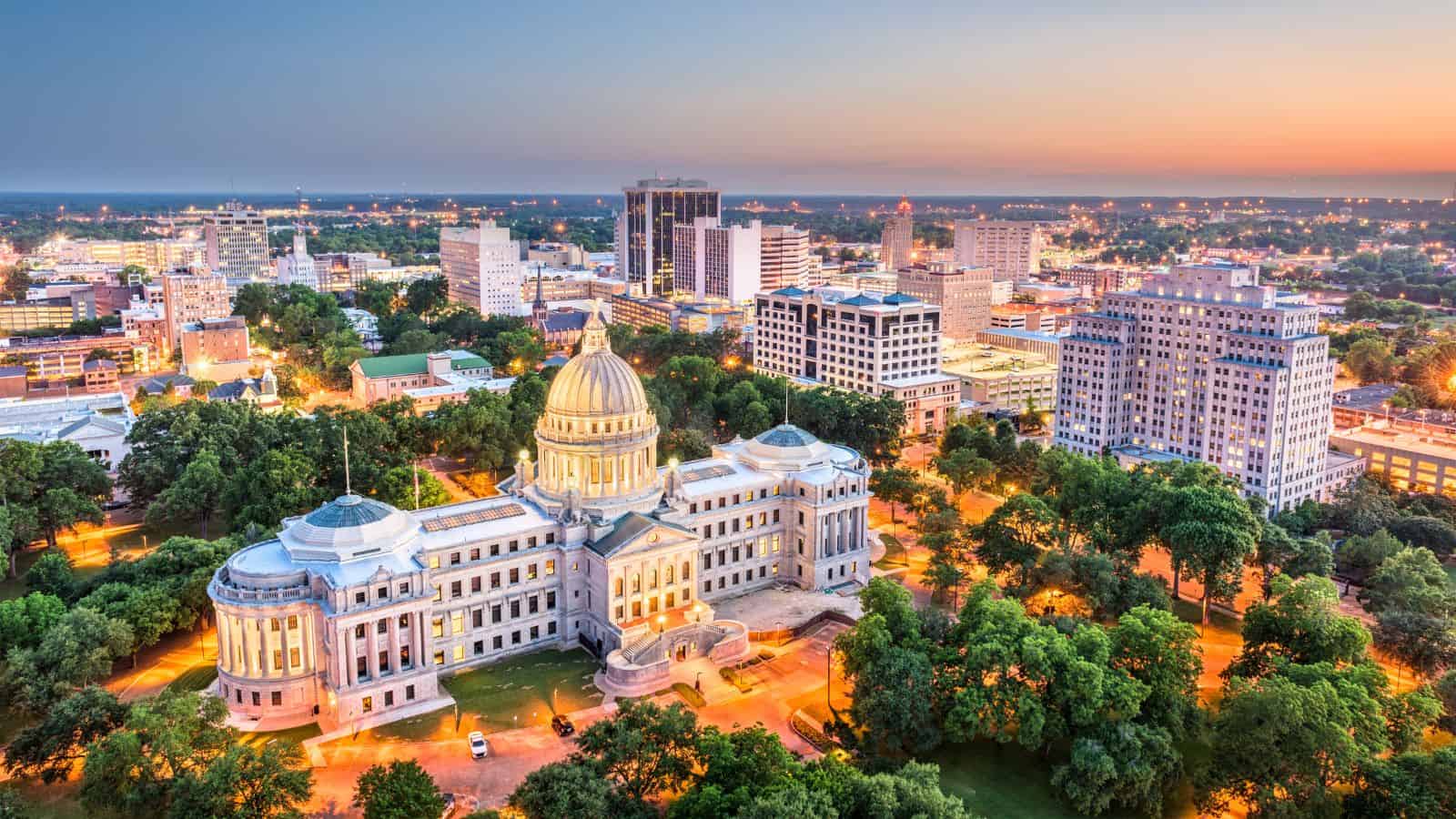
Mississippi has significant economic challenges and a high poverty rate as a result, which could affect the overall quality of life for retirees. On top of this, the state’s healthcare system often ranks lower when compared to national offerings, something that might concern retirees.
Rhode Island
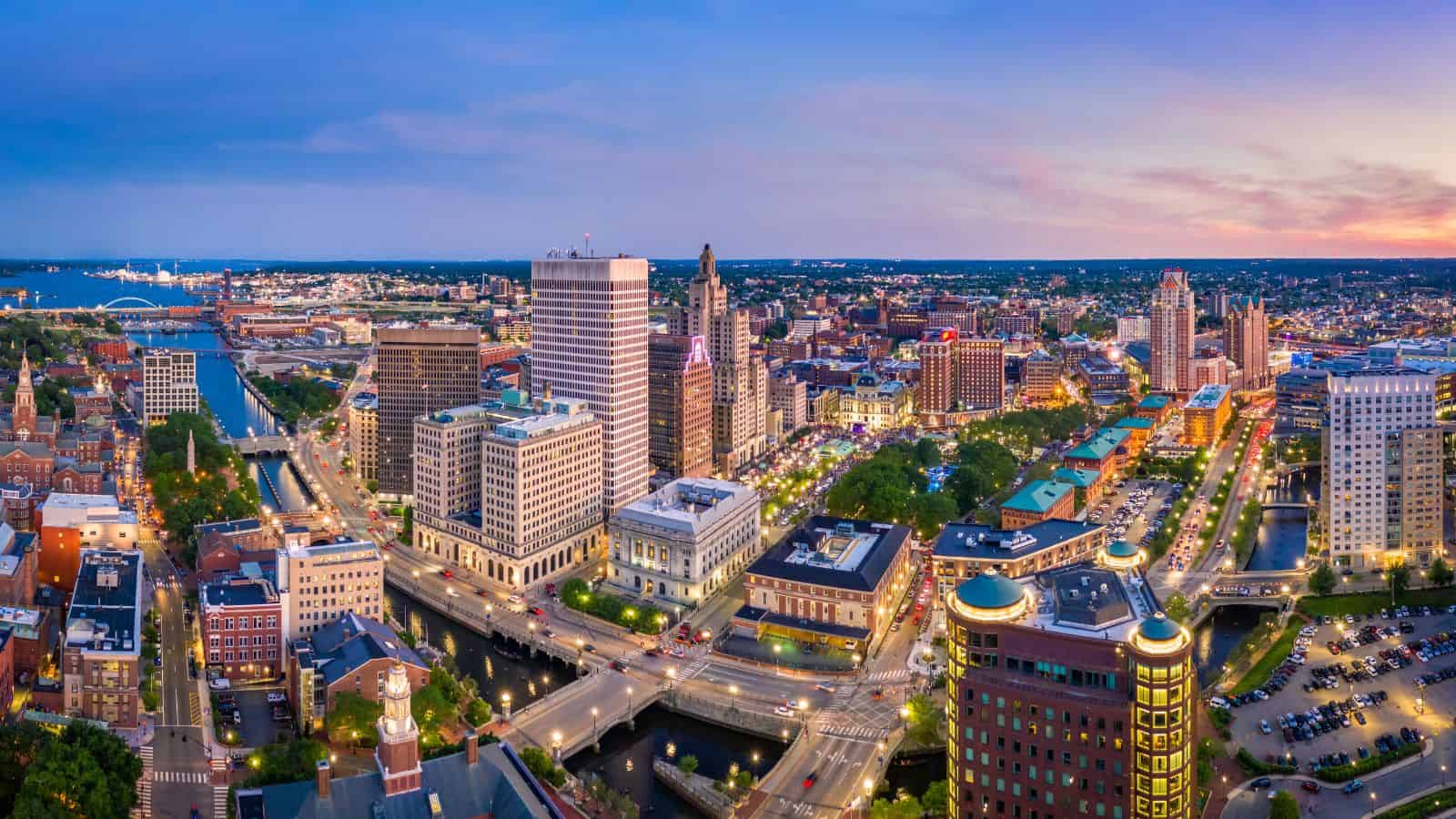
The cost of living in Rhode Island is high, and CNBC ranked it as the 8th most expensive state to live in in 2023. “Rhode Islanders are far more dependent on natural gas and heating oil than any other state. That helps explain why energy costs in Rhode Island are so high.”
Nevada
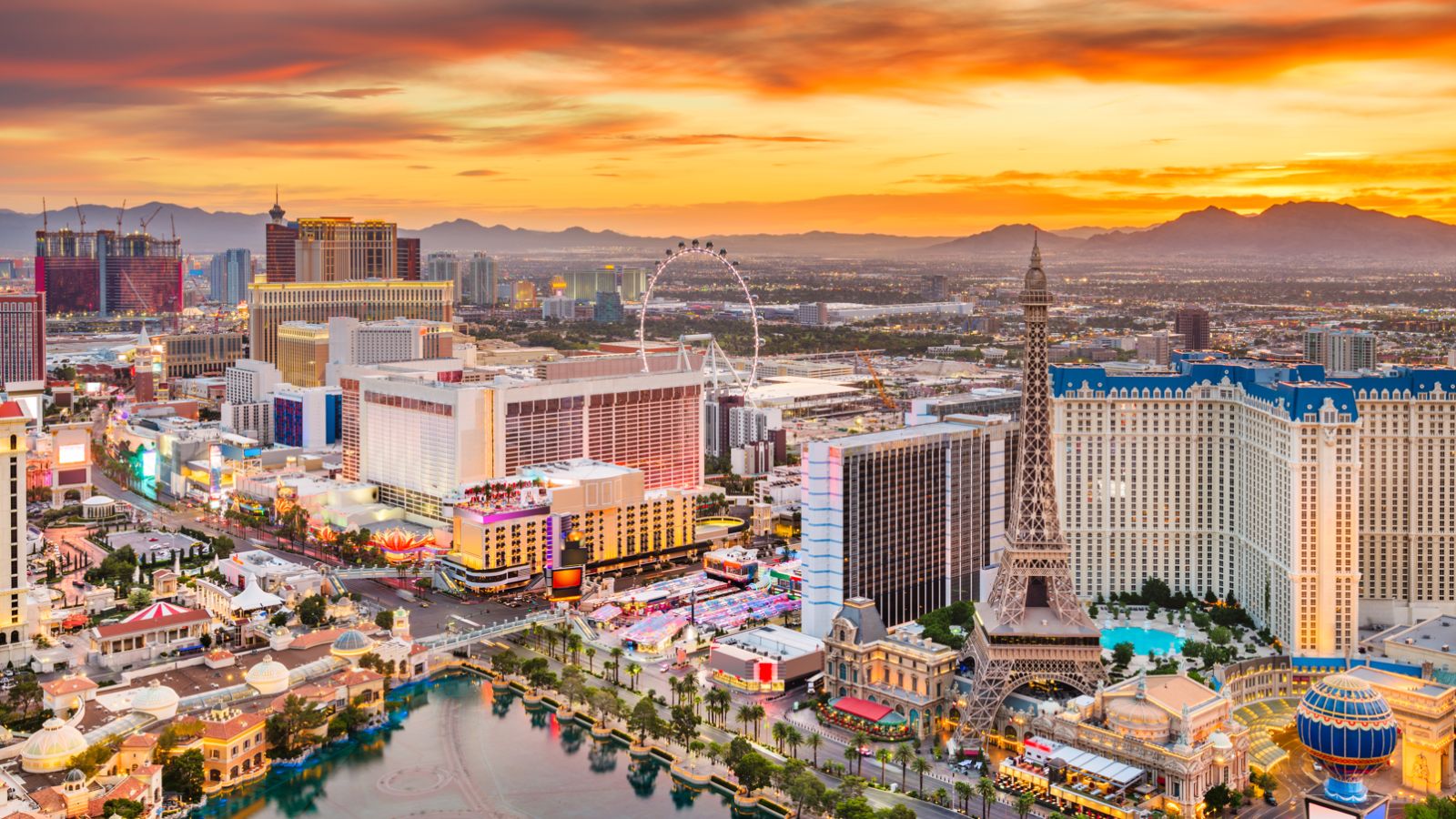
Nevada’s desert climate means residents face extremely hot summers that might not be comfortable for all retirees. The nature of the state also means that those living outside of major cities might find it challenging to access comprehensive healthcare services.
Hawaii
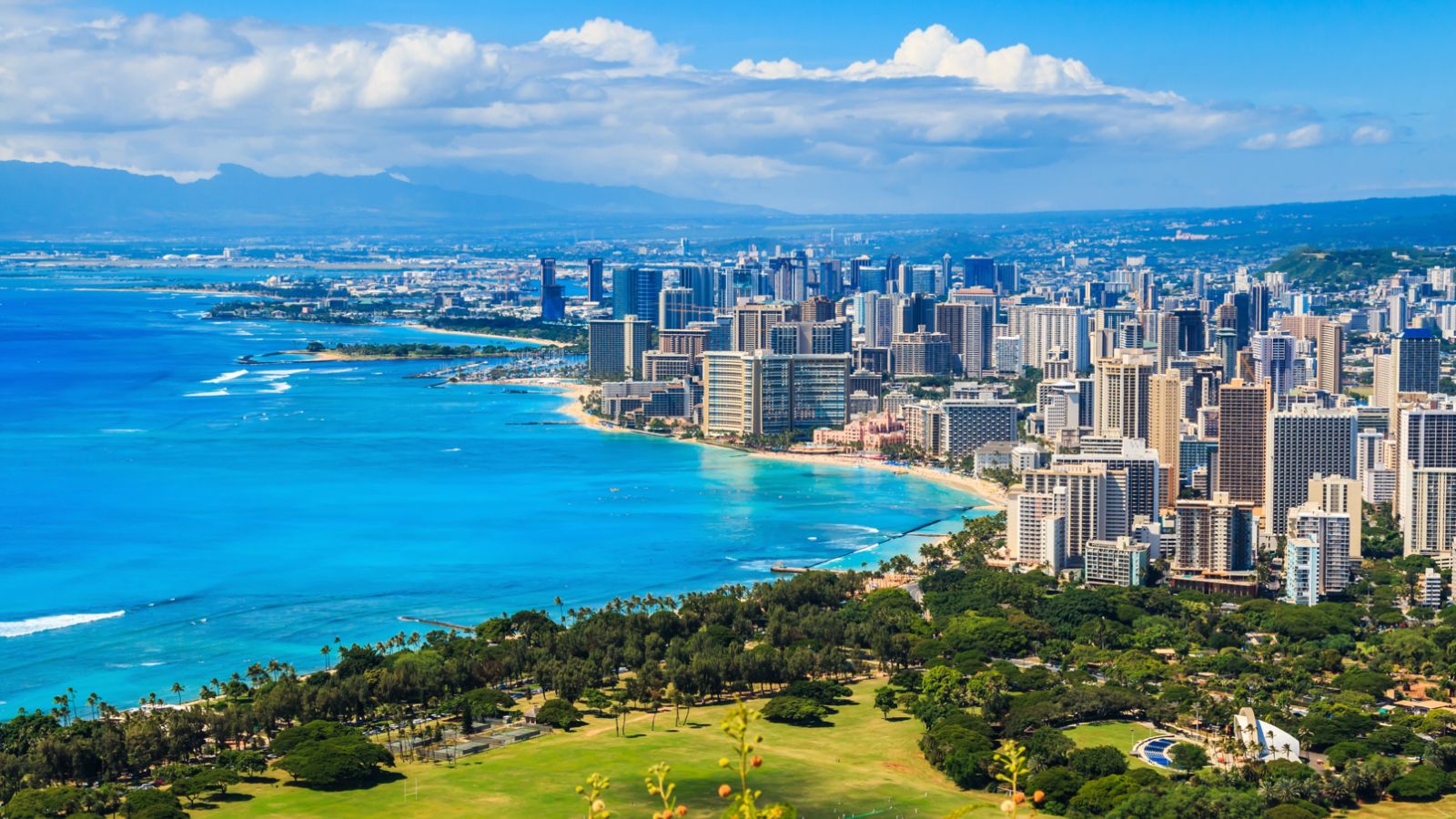
Hawaii’s cost of living is one of the highest in the U.S., largely due to expensive housing and imported goods. It is also vulnerable to natural disasters such as volcanic eruptions and tsunamis, which might be a concern for retirees looking for a safe living environment.
West Virginia
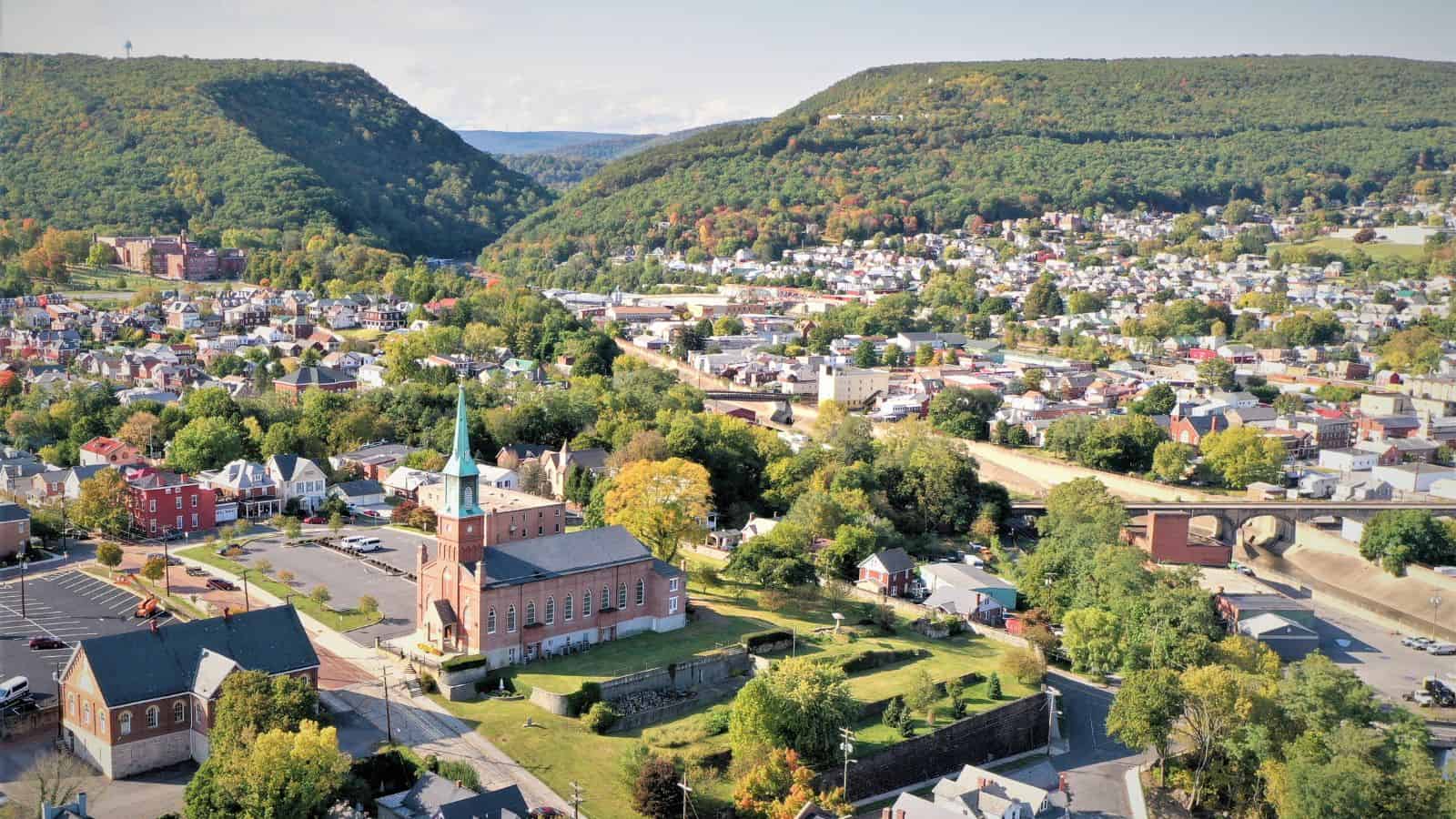
The economic challenges and lower income levels faced by the residents of West Virginia might impact the financial security many retirees seek. The rural nature of the state can also mean that access to healthcare facilities and services is limited.
Arkansas
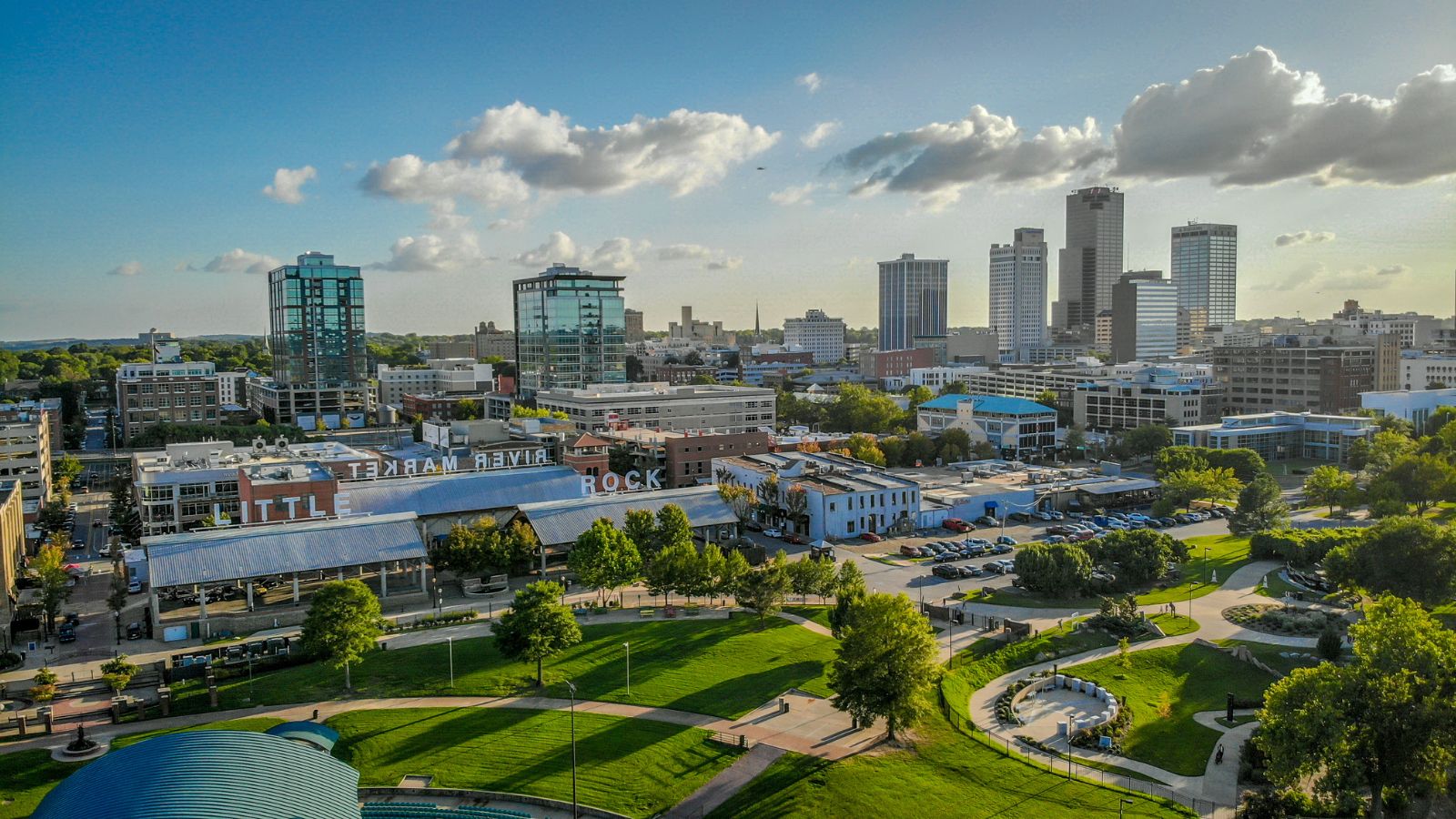
Residents of Arkansas have a below-average life expectancy and less access to high-quality healthcare, which may be a concern for retirees. On top of this, the state faces economic challenges and lower income levels, which might affect the quality of life and financial security of retirees.
Up Next: 18 Reasons Why Men Get Grumpier As They Age

You might read this and be able to relate, or you may feel you’ve become grumpier the older you’ve gotten. Or maybe you know of a male friend or relative who has. Here are 18 reasons why men get grumpier as they age.
18 Reasons Why Men Get Grumpier As They Age
17 Products Millennials Refuse to Buy and It’s Affecting the Economy

Millennials have been the center of so much media attention due to their spending habits. Their unique ways of spending have built up and crushed many traditional industries. In this article, we look at 17 things millennials stopped buying and how that has impacted society.
17 Products Millennials Refuse to Buy and It’s Affecting the Economy
Where Even Truck Drivers Won’t Stop

Truck drivers tend to be hardy souls—well-seasoned travelers who aren’t often afraid to rest up or refuel in risky locations. However, there are certain U.S. locations that even the most road-weary trucker refuses to stop at for fear of criminal activity or natural dangers. Here are 17 such locations that even experienced truck drivers approach with trepidation (or not at all).
